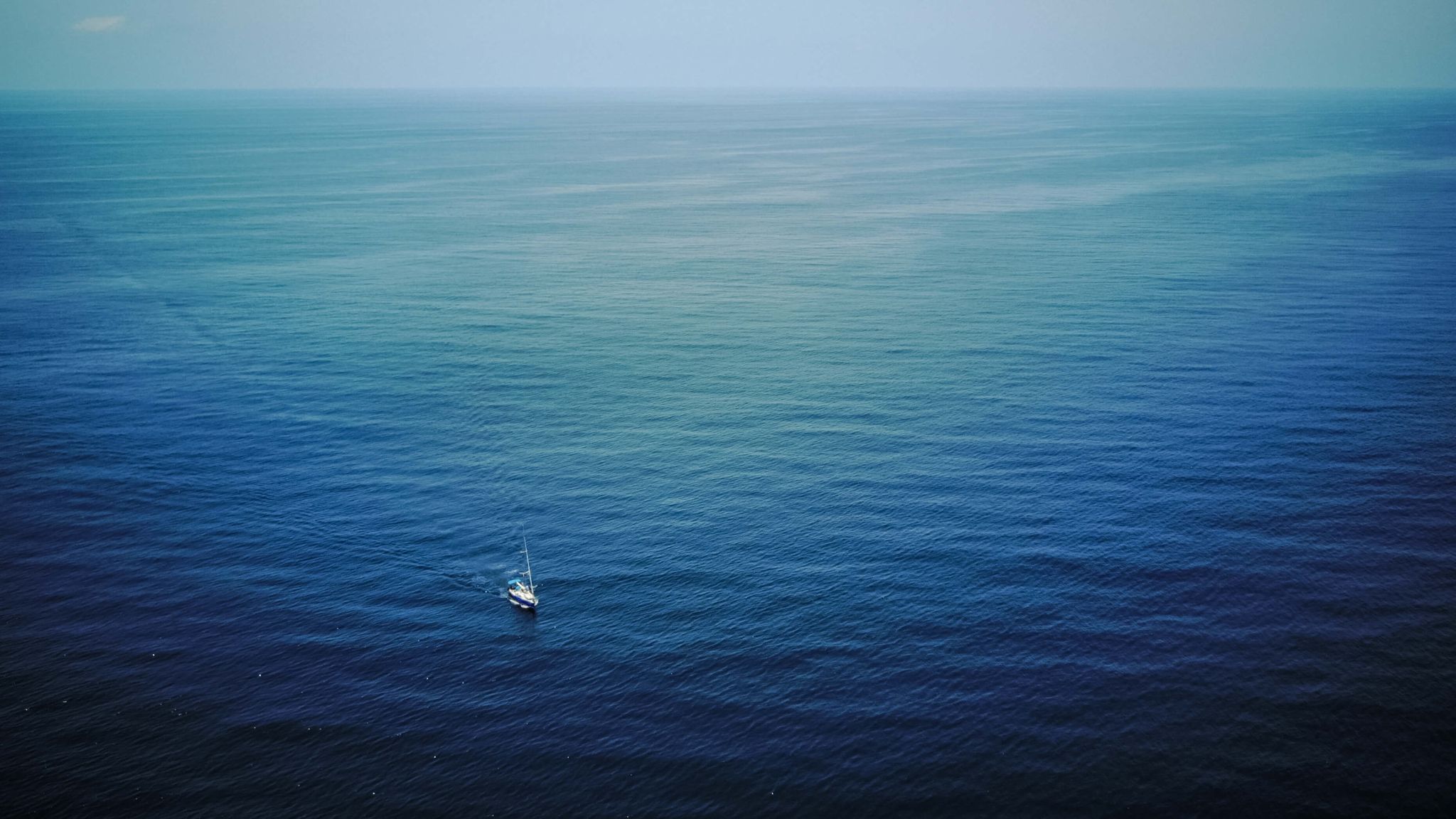This week, the Outlaw Ocean podcast explores the world of libertarian-minded endeavors at sea, where mavericks of all sorts seek to escape the laws of land-bound nation-states.
The podcast takes us a dozen miles off the coast of England to Sealand, a rogue “micronation” on an abandoned British anti-aircraft platform, meant to embody this very freedom. On Christmas Eve of 1966, Paddy Roy Bates, a retired British army major, drove a small boat, used a grappling hook and rope, clambered onto the abandoned platform, declaring it conquered and deemed it a gift for his wife.
The improbable creation story of the world’s tiniest maritime nation was a thumb in the eye of international law. Roy appeared to be operating legally or at least opportunistically within a legal void.
You can’t find two people that are more different than Roy Bates and Rebecca Gomperts, but the fourth episode of The Outlaw Ocean Podcast shows what they have in common: taking advantage of the freedom and legal gray area found offshore.
We visit the high seas near Mexico to meet Gomperts, a Dutch doctor and founder of Women on Waves. The group provides access to medical abortions for women who live in countries where the procedure is illegal and sometimes deadly. Globally, more than twenty million women annually have “unsafe” abortions, and at least forty-seven thousand of them die each year as a result, according to the World Health Organization.
Under threat of the weather and arrest by the local government, we accompany Women on Waves secretly carrying several Mexican women beyond national waters using a loophole in maritime law to legally administer pills that will end their pregnancies.
Of course, the ocean is a workplace and many people leave land driven strictly by economic necessity. But there are also other reasons that seaward itinerants opt for a sort of devotional seclusion. Fernand Braudel famously theorized how climate shaped outlook, culture and, in turn, history. Perhaps it’s similarly important to consider how our outlook has framed and has been framed by the vastness found offshore. From Homer to Grotius to Verne, in law, literature, and popular imagination, the sea has an intellectual history to it as a concept embodying emancipation and self-rule.
In “Moby Dick” Ishmael hints at this basic psychological truth. “Whenever I find myself growing grim about the mouth; whenever it is a damp, drizzly November in my soul,” he said. “Whenever it requires a strong moral principle to prevent me from deliberately stepping into the street, and methodically knocking people’s hats off–then, I account it high time to get to sea as soon as I can.”
To understand the sea requires grasping it as an idea — reckoning with the emotion it invokes, and recognizing the wily ways people use the place as a tool for their own ends. To visit that idea, please listen here:
